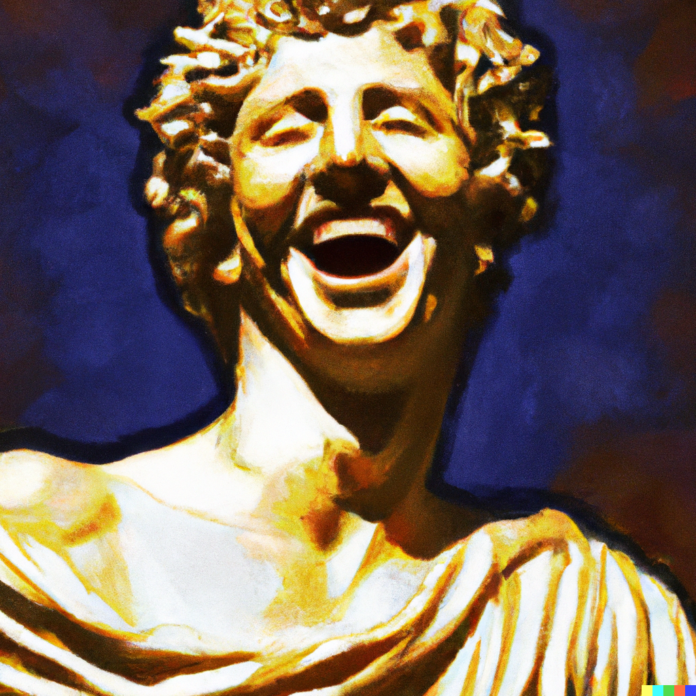A black cloud passes over your day, filling you with melancholia and making you feel powerless amid forces beyond your control. “I feel the weight of the world on my shoulders,” you say while pacing the floor, “and can’t get it off.” Then the spirit says with a chuckle, “That is a matter of opinion.”
You’re stunned by this voice from the depth of your being and ponder its words. You know that removing the burden is within your powers, but you can’t figure out how to do it. Feeling even worse than before, the sun finally breaks through the clouds and tells you to surrender to what is instead of fighting it. Your inner vibration spikes upwards, and suddenly you see the whole panoply of human affairs as a giant chess game, or what in contemporary nomenclature we call a “simulation.”
You realize that the choice facing you is quite simple: you can give in to anger and despair at circumstances beyond your control, or accept that it is all just a kind of cosmic game you’re forced to play. And since everyone has to play it, you can hardly blame them for acting the way they do; they’re just playing their role in the cosmic drama.
The sense of looking down at the world of human affairs as a giant chess game — or theatrical performance, or circus from hell — where all you can do is play the cards you were dealt, lifts the feeling of burden from your back. The ancients called this state “detachment,” and it figures in everything from the oldest Buddhist texts to the writings of the medieval mystic Meister Eckhart. In the state of detachment, you find liberation, and can then crack a wicked smile — or even join the gods in laughter — at the absurdity of it all. Consider these lines from the Roman philosopher Seneca:
We should bring ourselves to see all the vices of the crowd not as hateful but as ridiculous, and we should imitate Democritus rather than Heraclitus. For whenever they went out in public, the latter used to weep and the former to laugh. Things should be made light of and taken more easily, for it is more civilized to laugh at life than to bewail it.
Laughter is a mark of the madman, but it is also a characteristic of the wise one, the person who has found the perfect antidote for things beyond their control, for the slings and arrows of outrageous fortune. It’s not so much that the world is evil, but rather that it is in error. There’s a reason the Buddha is depicted with a smile on his face.









